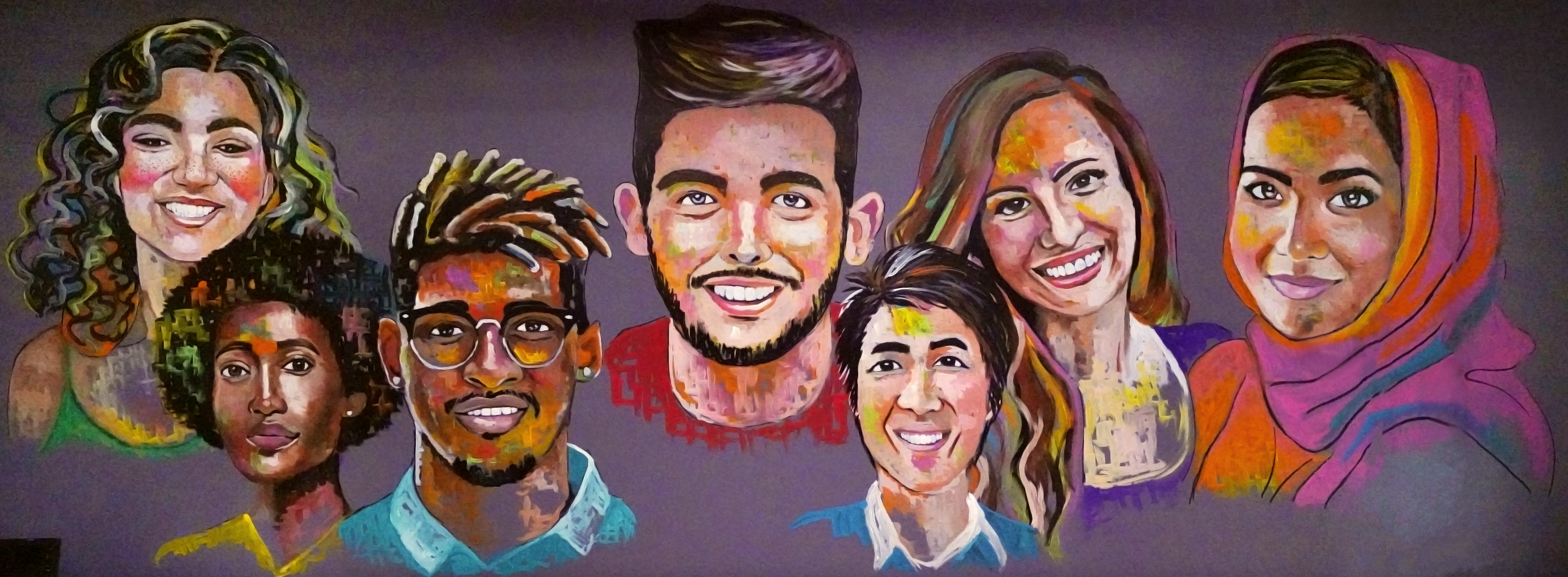Our Goal
We aim to help you make informed and responsible decisions when exploring the best online casinos. Whether you’re new to online gaming or an experienced player seeking trustworthy and secure platforms, our team of experts is here to guide you at every step.
Have a casino you’d like us to review, a question, or feedback? We’d be happy to hear from you.
Get in Touch
Email:
[email protected]
Email is the quickest way to reach us. Every message is personally handled by one of our specialists—not by bots or generic templates. You’ll receive direct, knowledgeable advice from people who understand the online casino and betting industry inside and out.
What to Expect
When you contact us, your inquiry is directed straight to our experts who actively research, test, and review the top online casinos in the US. We never outsource support or use automated responses—every reply is tailored specifically to your question.
Your Privacy Matters
- You can contact us anonymously if you prefer.
- We never sell, trade, or misuse your personal information.
- Any details you provide are used solely to respond to your request.
Quick FAQs
❓ Can I suggest a casino for review?
Absolutely. While not all suggestions may appear on the site, your input helps us prioritize which platforms to investigate next.
❓ Do you only cover US online casinos?
Our main focus is on the best online casinos in the US, but many of the platforms we review also welcome international players. We always highlight licensing, regulations, and regional availability.
❓ How long will it take to get a response?
Most inquiries are answered within 24–48 hours. More detailed questions may take a bit longer, but you will always receive a reply.
Final Thoughts
Your feedback helps us keep our reviews accurate, relevant, and useful. Whether you need guidance before signing up at a casino or want us to evaluate a new platform, we’re here to assist.
Our mission is simple: to make your online gaming experience safer, smoother, and more enjoyable—starting with the best online casinos.
